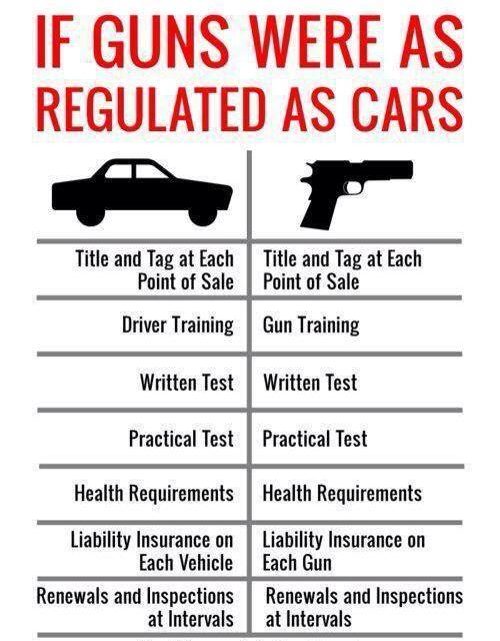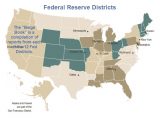
Should We Regulate Guns Like Cars?
September 12, 2018In the weeks following the school shooting at Marjory Stoneman Douglas High in Parkland, Florida last winter, something remarkable happened: Florida lawmakers delivered a bill to Governor Rick Scott that raised the age of firearm purchases to 21 and increased funding for mental health services, among other changes. The bill, the "Marjory Stoneman Douglas High School Safety Act," marked the rare occasion when an episode of horrific gun violence resulted in direct and relatively speedy legislative action.
Even more remarkable was that it happened in Florida, a state that has been the crucible for so-called “Stand Your Ground” laws and other policies that embody the NRA’s vision of gun culture in the US. In the wake of the Parkland tragedy, the March for Our Lives movement that arose from it has given the gun debate a new significance, precisely because it shows that the voices of young people can result in direct political change.
The gun debate is incredibly complex and too often cast in black and white when, in reality, the political interests and opinions that drive the discussion tend to land in the gray. So over the coming days, I’ll be posting video thought-starters as part of a series called Maybe I'm Wrong that outline my stances on certain elements of the gun debate. I don’t believe I’m 100 percent right about anything, and I’m curious to see what you guys think might be flawed or biased or straight up wrong with my POV.
Then, later this month, I’ll be hosting a live discussion between advocates on both sides of this issue to continue the work of elevating young people’s voices and forcing elected officials to pay attention.
Our second thought-starter explores whether regulations on guns similar to the ones imposed on cars might help rein in America's gun-violence epidemic.
Automobiles and guns have a lot in common. They’re wonders of human invention, metal machines that harness explosions into precise actions. And they are technologies that have forever altered American culture. Cars helped define America’s post-World War II ascent, and private gun ownership helped win America's independence and secure its expansion westward.
From a consumer purchaser and use perspective, they are pretty similar, too. You often need licenses and/or classes to (legally) get your hands on certain kinds of them, though not necessarily insurance—unless you’re at a gun show, buying a car or a gun means paperwork and time. It could be fairly argued that there are more regulations for gun buyers than for car buyers, like waiting periods. And that probably makes sense, given the primary function of cars is locomotion, not the capacity for inflicting bodily injury or death.
But from a manufacturer’s perspective, guns get the kid-gloves treatment. The federal government, through the Department of Transportation, is active in its regulation of the automobile industry, mandating fuel-efficiency and collision standards. Meanwhile, thanks to a decades-long, concerted effort by the NRA and its allies, regulating safety in firearms is largely left to the manufacturers themselves, who are generally protected from liability by federal law.
The clearest example of transformative safety requirements in automobiles is the seatbelt. In 1968, the federal government mandated that new cars must have them, and in 1984, New York State became the first to require passengers wear them, an example 48 other states followed (all except New Hampshire).
Could there be a seatbelt for guns? Is there a technology that doesn’t interfere with the product’s core function, but lessens the collateral damage? Is it the biometric trigger lock? Some other kind of smart gun? Or is that concept overhyped? Gun manufacturers aren’t required to innovate this solution, and maybe they shouldn’t be. Or maybe they’ve just succeeded in lobbying a special safe place in the world of manufactured goods.
The one thing everyone seems to agree on is: if you own guns, you should store them safely. Lock them up, and keep ammunition locked up separately. This will keep them out of the wrong people’s hands. According to a recent survey by the American Journal of Public Health, more than half of surveyed gun owners stored at least one firearm without any locks or theft prevention measures. And only 7 percent followed expert suggestions that guns and ammunition be locked up separately.
So perhaps the “seatbelt of guns” already exists. The question is, how do you enforce its usage? Maybe I’m Wrong, but guns should be regulated like cars, and that starts with holding manufacturers to a much higher standard.
Sign up for our newsletter to get the best of VICE delivered to your inbox daily.
Follow Krishna Andavolu on Twitter.


